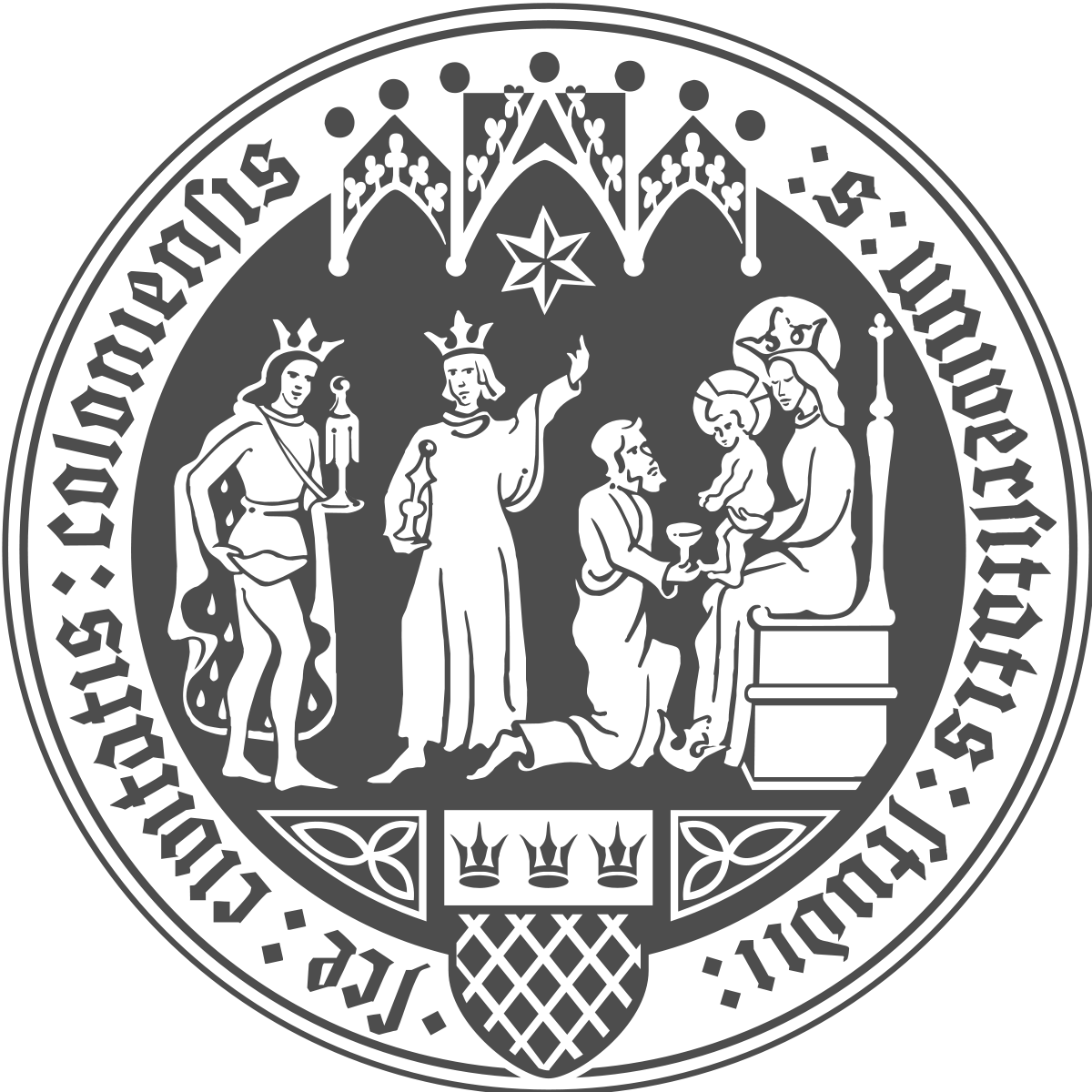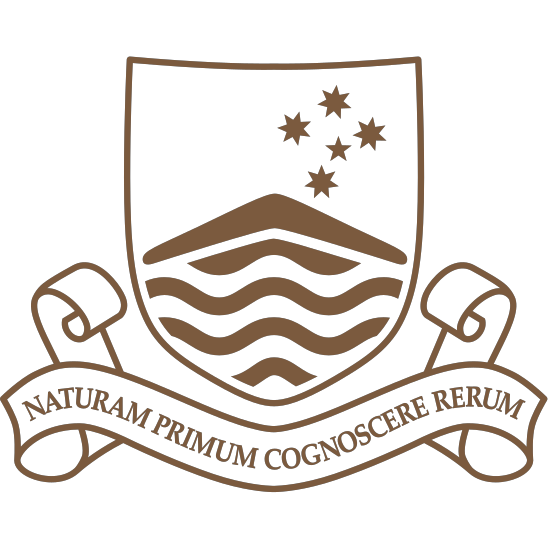📚About the Program
Master’s in
Economics at
Ghent University
Economics is a way of thinking, based on a structured framework to analyse real-world economic problems and policy challenges. This requires appropriate tools and skills which you will further develop in the master in economics. In your economics bachelor, you had exposure to the main fields in economics, e.g. microeconomics, macroeconomics, environmental, labor, international and monetary economics. The master in economics has two objectives : (1) you deepen your analytical skills and (2) you have the opportunity to specialize in your preferred subject area. The deepening part is achieved through dedicated courses in microeconomics, macroeconomics, and econometrics which are compulsory for all master students. The specialization part is achieved by offering you the choice between two field majors.
In the master in economics, we analyze the interactions between economic actors, i.e., households, corporations, financial institutions and governments, in a domestic and international context. A critical analysis of these interactions requires rigorous analytical frameworks and econometric tools. The master in economics offers you the skills to bring hypotheses to the data and formulate policy recommendations based on theoretical insights and empirical evidence. Via individual and group assignments, you will learn to tackle real-world economic problems and you get the opportunity to present and discuss your findings with fellow students and academic staff. You will learn how to set up an academic research project and apply your skills to analyze societally relevant questions about, e.g., productivity, inequality and poverty, ECB monetary policy, labor market frictions, optimal taxation, sustainability of government debt, climate transition, demographic change, trade and migration. As such, the master program prepares you not only for the labor market, but also for further advanced studies. Several of our alumni have successfully completed advanced masters in top universities or have engaged in PhD research.
Show less












